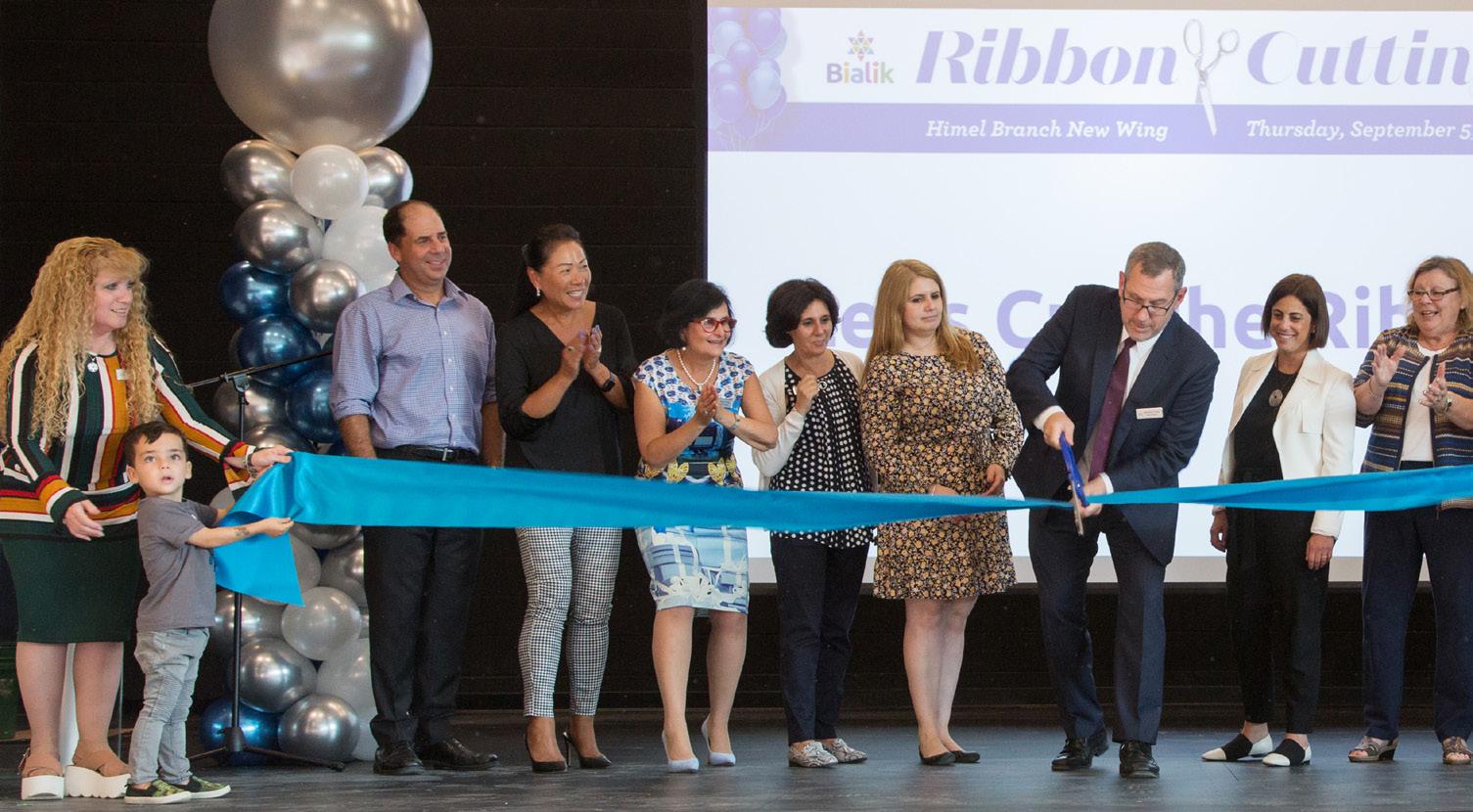O U R A LU M N I
LIVING OFF THE LAND The seeds of passion for sustainable farming were sown young
J
ared James’01 knew, early on, he would follow a road less travelled by fellow Bialik peers. He owns Timberline Farm, on 149 acres in Harriston, Ontario, selling grass-fed beef directly to his customers. More than half his property is dedicated to wildlife habitat conservation, with a focus on tree planting. The youngest of three Bialik siblings, he graduated with a passion for the environment. This interest was further bolstered by time spent as a canoe tripper at summer camp. He started out as an ecology major at the University of Guelph but graduated with a degree in natural resources, realizing this shift would afford an opportunity for further field work. “I was visiting everything from quarries and forestry operations to farms and municipal waste man-
18
agement facilities,” he says. “It gave me a very strong understanding of how we’re harvesting resources to a degree that’s not necessarily sustainable.” Encouraged by his studies, Jared spent more time at his family’s farm, which his grandfather had purchased after escaping from Germany during the Second World War. The farm had been developed for agriculture in the 1800s, but had been uninhabited for decades. “I had a fairly unique opportunity; I realized we had in our possession a huge, underutilized resource,” says Jared. “Not everybody can raise cows the way I do because you need lots of land and it’s extremely expensive these days. I wasn’t an expert, but I knew I could make a reasonable go of things and, hopefully, be successful.”
“I HAD A FAIRLY UNIQUE OPPORTUNITY; I REALIZED WE HAD IN OUR POSSESSION A HUGE, UNDERUTILIZED RESOURCE.”
While aquaponics wasn’t in the curriculum when he attended Bialik, nor was a greenhouse part of the facilities, Jared appreciates that his Jewish education helped nurture his passion for land stewardship. “My first introduction was Tu B’Shvat,” he says. “That celebration instilled in me the value that planting trees is a good thing. I don’t know of other religions where holidays specifically revolve around that type of mitzvah. [I learned that] you plant trees as a legacy. We also learned about the Kibbutz system, a successful example of communal farming and living off the land.” So too is Jared’s success with sustainable farming another example of a lesson well learned and a legacy for future generations.
Here the Soul of the People is Forged |
פה בית היוצר לנשמת האומה



